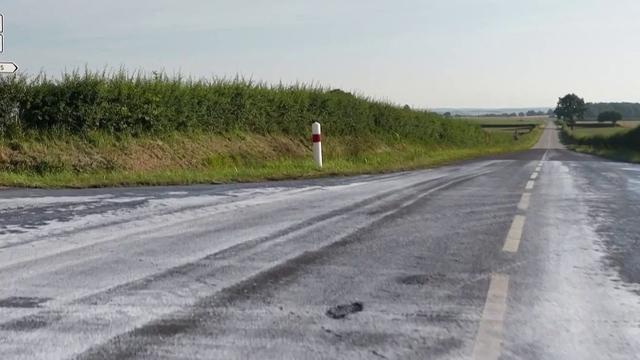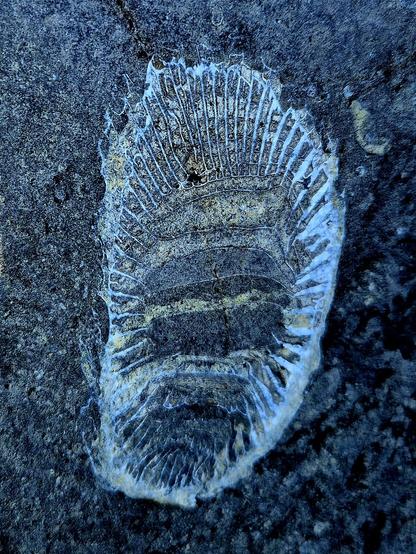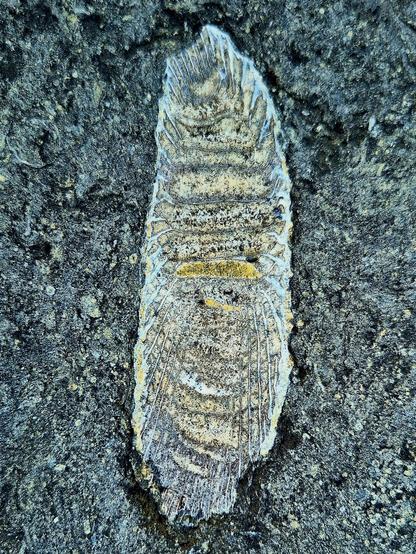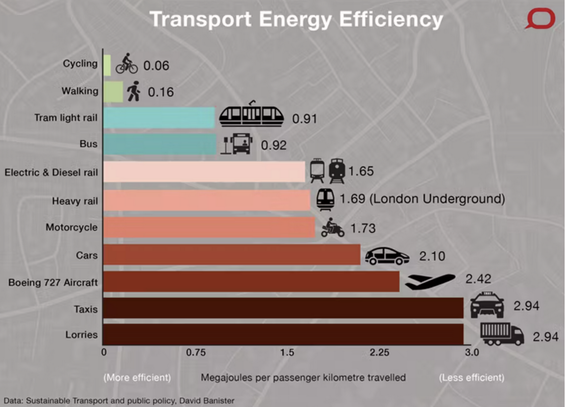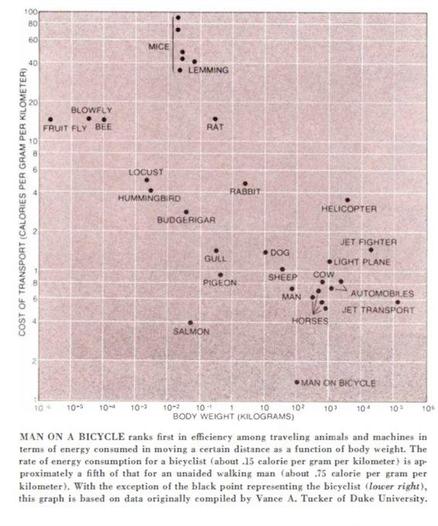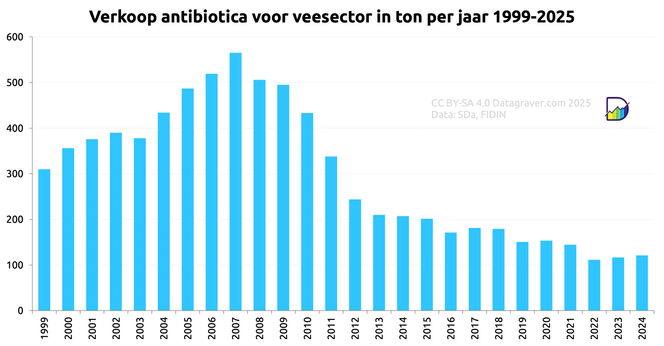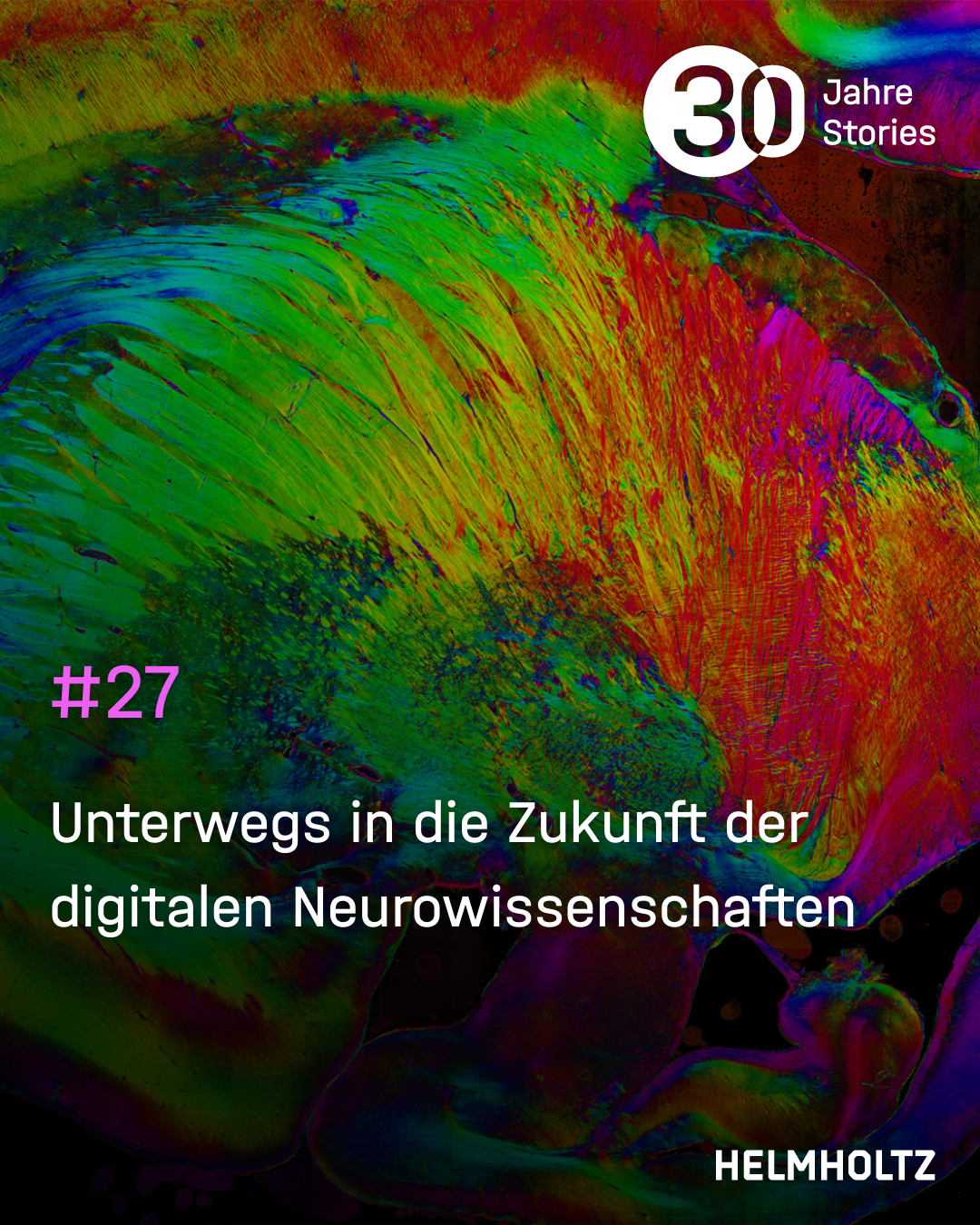Heute war ein Schulfest. Da gab es einen Quizstand. Eins underer Kinder (9) wollte schummeln, kam zu mir und bat, ob ich "schnell bei ChatGPT" nachfragen könne nach der Frage, ob die Legislative in den USA im Weißen Haus oder im Capitol sitze. Danach folgten weitere solcher Fragen. (Edit: Das Quiz warn nicht für 9jährige, sondern einfach ein Stand auf dem Hof, wo vor allem größere Kinder waren, aber kleinere Kinder turnten da rum und wollten auch mitmachen).
Wir haben später nochmal über diese Situation gesprochen. Ich habe gefragt, warum es nach ChatGPT gefragt hat. Die Erklärung war, dass der Lehrer bei einer Frage vorher mit den Kindern die Lösung mit Google und ChatGPT "gesucht" habe und nur ChatGPT hat sie richtig gewusst.
Kleine Anekdote, aber da steckt viel drin. Ich habe nochmal erklärt, was eine Suche mit Google eigentlich ist und das Google keine Antworten liefert bzw. eigentlich liefern sollte und dass sie eventuell ein Versuch einer KI gesehen haben, die dafür bekannt ist, besonders schlecht zu sein. Aber auch, dass ChatGPT gar keine Wissensdatenbank ist und halluzinieren kann. Das Kind war stark irritiert davon, weil im Sprachalltag von Kinder, Schule, Medien ChatGPT quasi als Superpower imaginiert wird und überhaupt nicht klar ist, dass ChatGPT nicht dafür da ist, um Wissensfragen zu beantworten.
Wir konnten das jetzt klären, aber sonst wird das wohl nicht geklärt. Das macht mich nicht besonders glücklich. Ich habe in den letzten Jahren nun schon mehrfach kurze Medienunterrichtseinheiten an den Schulen der Kinder zu Computer-nahen Themen gemacht. Aber das ist eben nur ein Tropfen auf den heißen Stein. Das läuft wirklich extrem schief gerade. Und hier ist auch nochmal eine Alterslinie erkennbar: Je jünger die Kinder, desto selbstverständlicher sind für sie LLMs in der Lebensumgebung, während die älteren Kinder sie als "neu" auch eher skeptisch betrachten.
